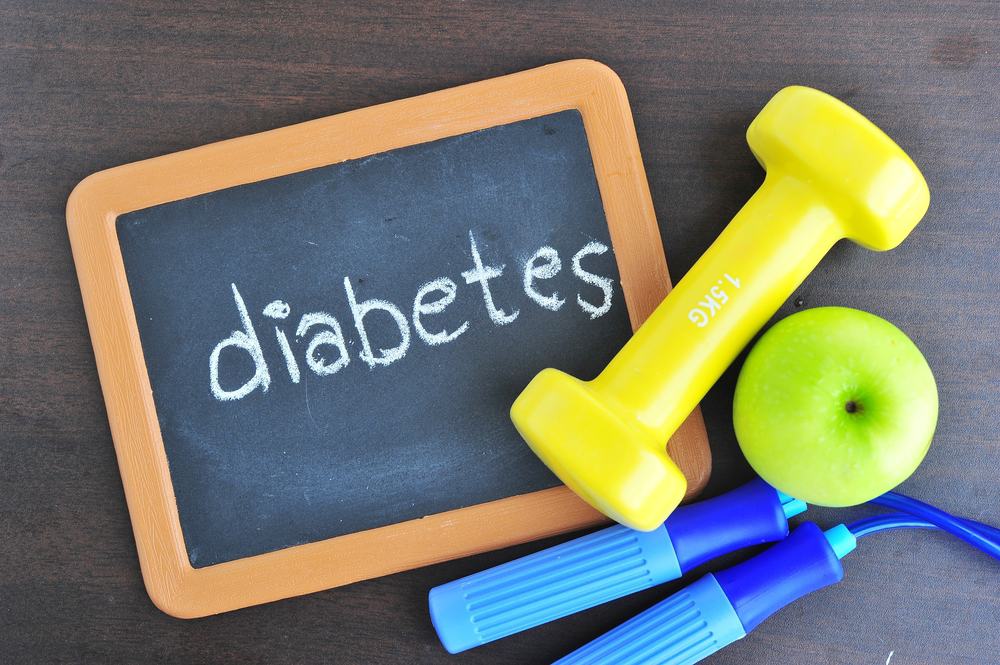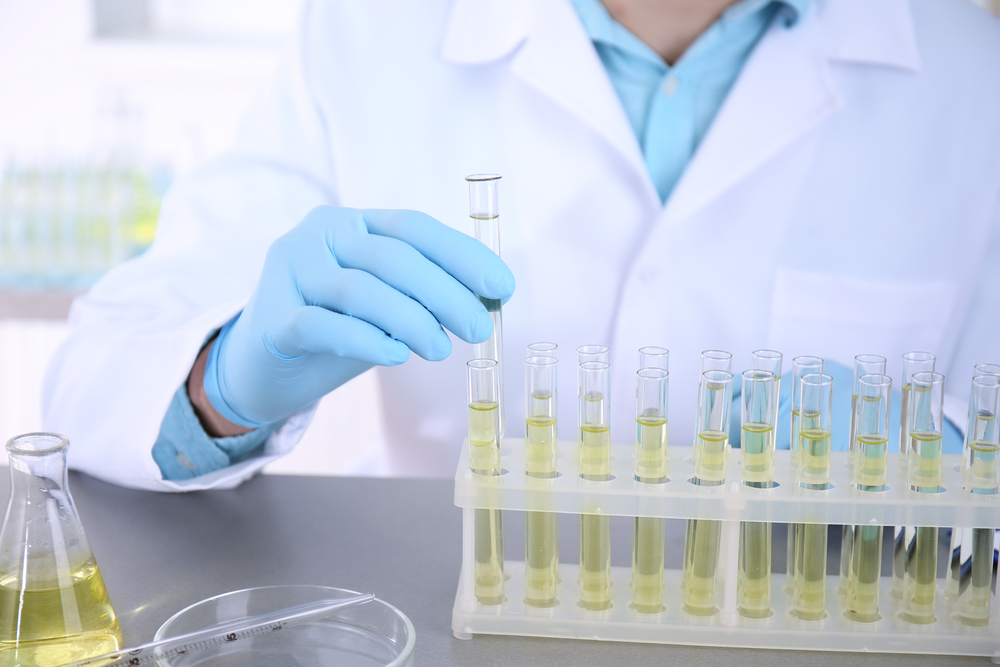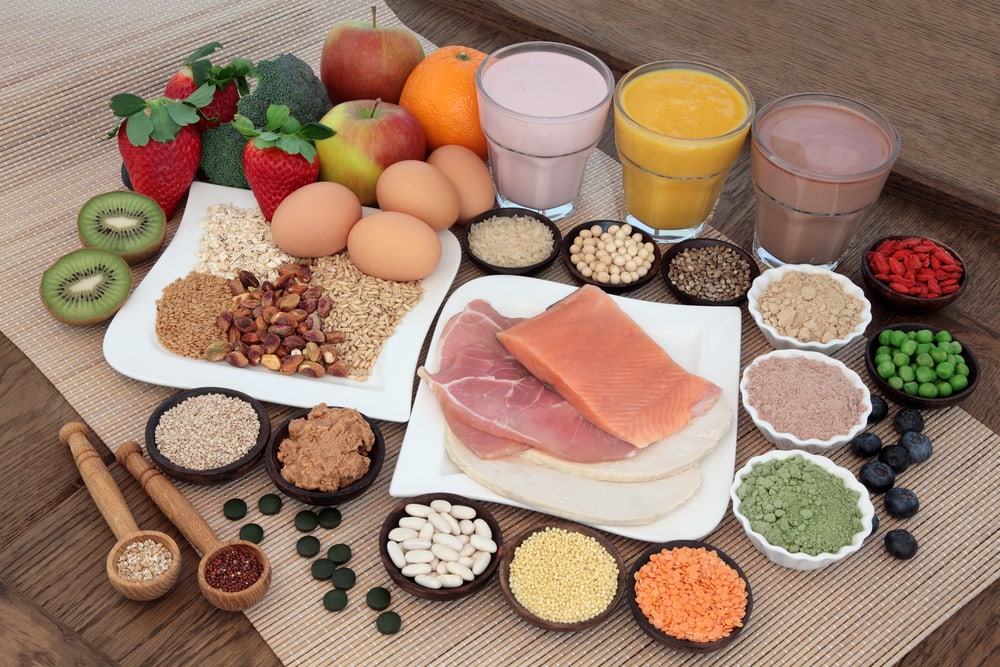Contents:
- Medical Video: See What Happens To Your Body When You Start Taking Fish Oil Everyday
- What are the benefits of eating foods that contain DHA?
- 1. Reducing the risk of heart disease and stroke
- 2. Reducing the risk of ADHD in children
- 3. Prevent babies born prematurely
- 4. Helps fight inflammation
- 5. Prevent cancer and Alzheimer's disease
Medical Video: See What Happens To Your Body When You Start Taking Fish Oil Everyday
In order for your body to carry out every function properly, you need nutrition from foods that contain DHA. DHA stands for docosahexaenoic acid, a fatty acid belonging to the omega-3 group. Some examples of foods that are high in DHA are fatty fish such as salmon, tuna and sardines; seaweed; walnuts; fish oil and canola oil; and chia seeds (chia seeds) So, why do we need enough DHA from food?
What are the benefits of eating foods that contain DHA?
The human body actually produces DHA naturally by the body, but in very small amounts. Therefore, we must help to provide food from daily food.
Citing various studies compiled from various sources, here are the benefits that we can get if we diligently eat foods that contain DHA:
1. Reducing the risk of heart disease and stroke
Heart disease is one of the leading causes of death in Indonesia. This disease usually occurs due to high blood pressure or blockage of the heart arteries (atherosclerosis) because of the buildup of plaque from cholesterol.
Well, foods containing DHA are good for heart health. DHA is considered superior for improving heart health compared to its counterpart, EPA. DHA is reported to be more effective than EPA for lowering triglyceride fat in the blood and increasing good cholesterol levels.
In addition to maintaining heart health, the benefits of other DHA are improving endothelial function, namely the ability of blood vessels to dilate. If the endothelial function is good, the blood flow is not inhibited, thereby reducing the risk of stroke.
2. Reducing the risk of ADHD in children
Attention deficit hyperactivity disorder (ADHD) is a behavioral disorder characterized by difficulty concentrating and impulsive behavior. Children with this disorder generally have lower blood levels of DHA.
DHA plays an important role in increasing blood flow around the brain. The content of omega-3 fatty acids in foods containing DHA also helps strengthen children's brain function. That is why parents should be as much as possible to meet the needs of children's DHA to prevent ADHD.
3. Prevent babies born prematurely
Apart from children, DHA is also important for pregnant women and their fetuses. Research shows that pregnant women who consume foods containing DHA have a lower risk of premature delivery than pregnant women who do not consume DHA.
In addition, DHA is also important for the development of the baby's brain and eyes. So, fulfill DHA needs from food or supplements at the doctor's recommendation to prevent these two things.
4. Helps fight inflammation
Heart disease, rheumatism, or gum problems occur due to inflammation in the body. DHA has anti-inflammatory properties that can reduce or fight inflammation.
A study showed that rheumatoid patients who consumed 2,100 mg of DHA daily, reduced swelling in the joints by 28% compared to patients who did not consume DHA.
In addition, increasing DHA intake also helps balance excess levels of omega 6 fatty acids to prevent inflammation.
5. Prevent cancer and Alzheimer's disease
Researchers believe that foods containing DHA can reduce inflammation and inhibit abnormal cell growth in the body.
Chronic inflammation is a risk factor for cancer. Eating foods high in DHA can actually prevent various types of cancer, such as breast, colorectal, prostate, and pancreatic cancer, according to several studies.
The anti-inflammatory properties of DHA also have the potential to reduce the risk of Alzheimer's disease which is characterized by a decrease in cognitive function of the brain. DHA can improve brain function so that Alzheimer's disease can be prevented or slowed down.

















